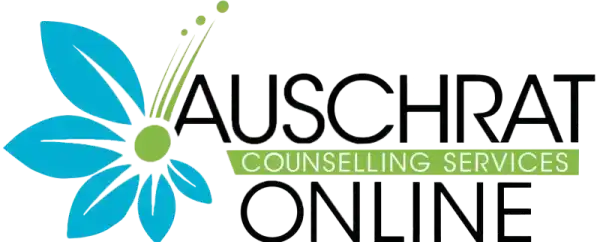There is usually no preparation is needed for most assessments. If you have previous psychological reports, medical documents, or other
relevant information, you can have them ready to send us via email. However, in terms of the testing, the purpose of the assessment is to
determine your current cognitive and academic skills and abilities, as well as current mental health status. Therefore, please come as you
are!
You know your child. If they are the kind of kid that prefers to know things in advance to manage stress, feel free to tell them in advance
that there's an assessment happening. You can let them know that it is different than a school test. The assessment isn't looking at "right"
or "wrong" answers but are identifying strengths and weaknesses, so they will be tested beyond their abilities and knowledge.
It's important for your child to know they will be working alone with the assessor. This is part of the standardization of testing to limit
outside influence. However, they are welcome to bring a fidget you or comfort item. If they need glasses or hearing aids, make sure
they have them handy. Try to ensure they sleep well the night before the exam and have eaten enough that they won't be hungry during the
exam. We want to limit distractions that might skew the assessment.
In most cases, assessments are completed over a single day.. However, if your child has significant attention or anxiety issues, or other
concerns that could limit their ability to stay engaged for the full assessment period, we may complete the assessment over multiple
appointments.
.webp)
